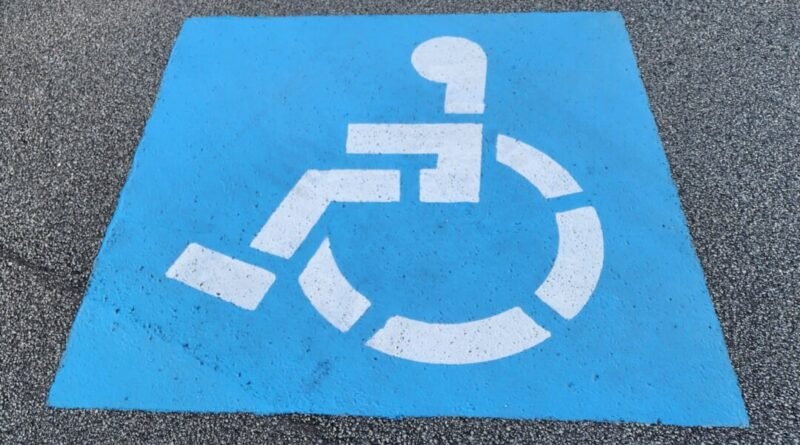Senate Clears NDIS Reform Bill After Intense Scrutiny
The new NDIS legislation stops automatic top-ups, establishes flexible budgets, and excludes non-NDIA supports.
The Senate has approved significant changes to the National Disability Insurance Scheme (NDIS) after a week of debate, marking a significant victory for the Albanese government.
The bill aims to control NDIS spending, with estimates suggesting the scheme could cost taxpayers $50 billion by 2025-2026 without immediate action.
Key provisions in the legislation include an 8 percent growth cap and stricter service eligibility requirements, projecting a $14.4 billion savings over four years. The reforms also involve greater involvement from states and territories in supporting NDIS participants.
Senator the Hon Jenny McAllister, speaking on behalf of the government, emphasized that the legislation sets the stage for implementing priority reforms recommended by the independent NDIS review.
“This legislation accomplishes several crucial goals,” McAllister stated.
“It stops the automatic top-up of participant plans that are exhausted early without any change in circumstances, it establishes the groundwork for implementing the review’s recommendation of a more flexible whole-of-person budget for all participants, and it allows for the exclusion of supports that do not align with the original intent of the NDIA and should be funded by other service systems.”
The bill’s approval faced challenges in the Senate.
The Coalition expressed ongoing concerns, with Liberal Senator Hollie Hughes acknowledging a lack of confidence in the legislation but recognizing aspects that the Coalition could not oppose.
She emphasized the government’s commitment to co-designing services and urged them to engage with those who truly need this scheme.
“We will support this,” Senator Hughes said, “but please, get it right. Please do more. Work collaboratively with us to ensure that people are not left behind.”
While the Albanese government sees the overhaul as a crucial step in re-establishing the NDIS, some in the disability community are worried that the reforms may introduce uncertainty for those dependent on the scheme.
The bill underwent thorough examination in the Senate last week, with questions raised about the government’s plans to fund “needs assessments for NDIS participants, which would help determine their funding needs.”
In response, a spokesperson for NDIS Minister Bill Shorten clarified that the government does not intend to make users pay for these assessments. “The minister’s definitive stance is that participants should not shoulder the cost of their support needs assessment,” they stated.
The government has also committed to extensive consultations following the bill’s passage through Parliament.





